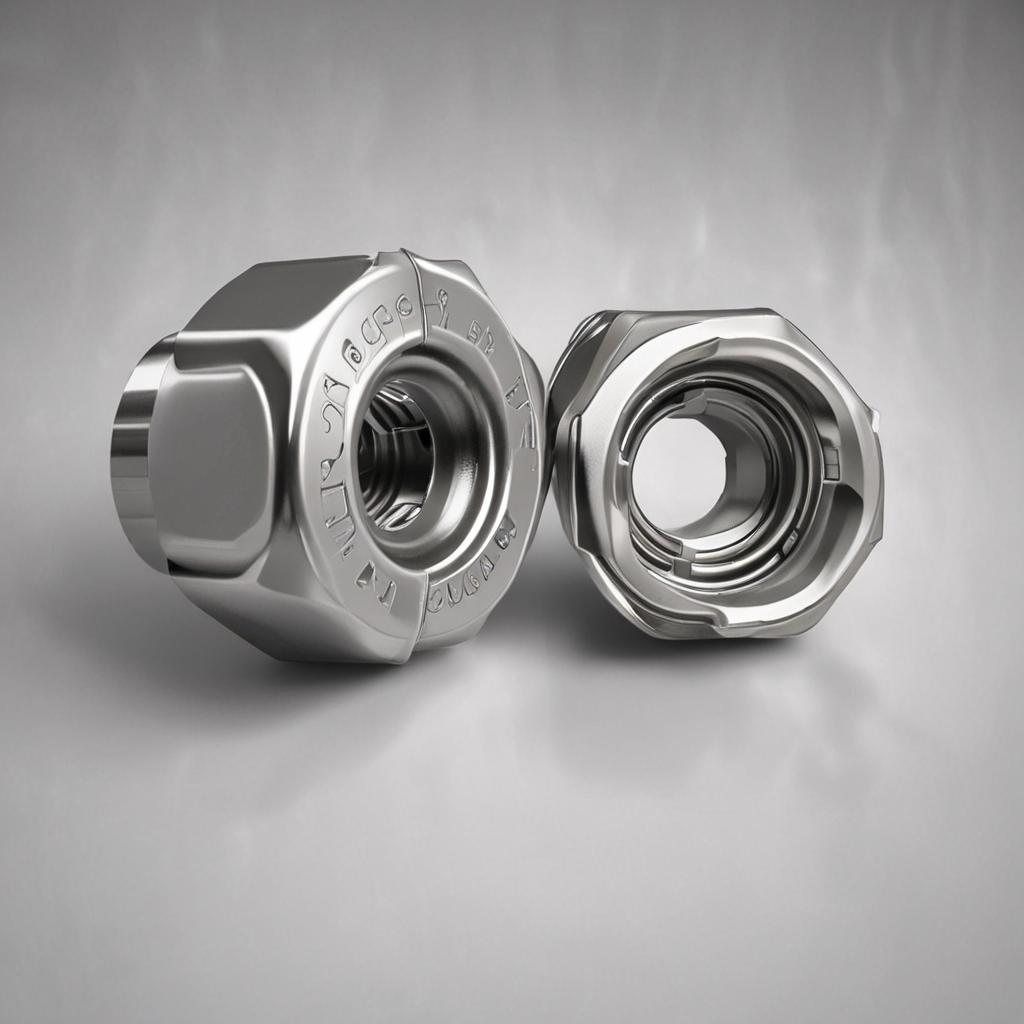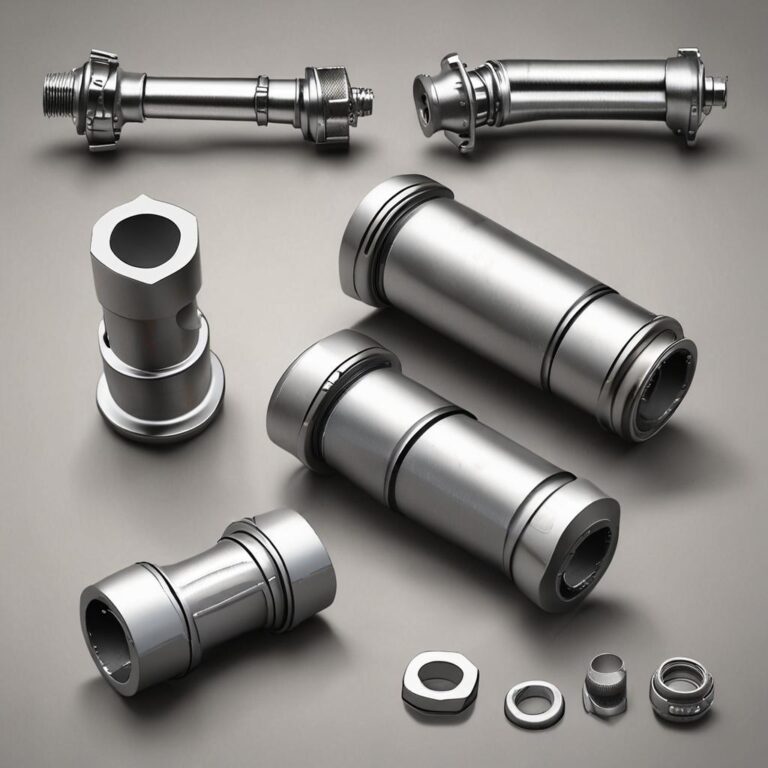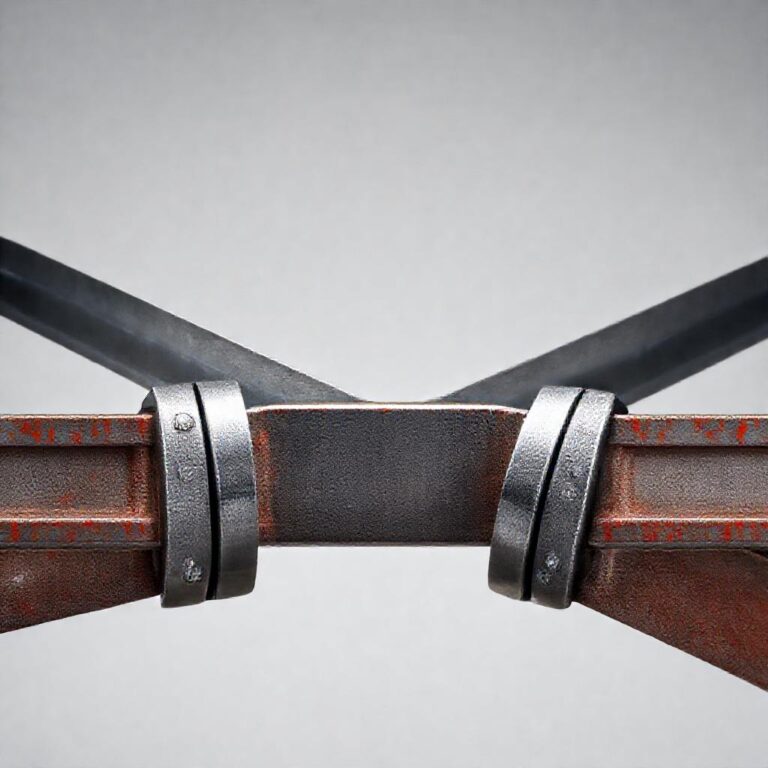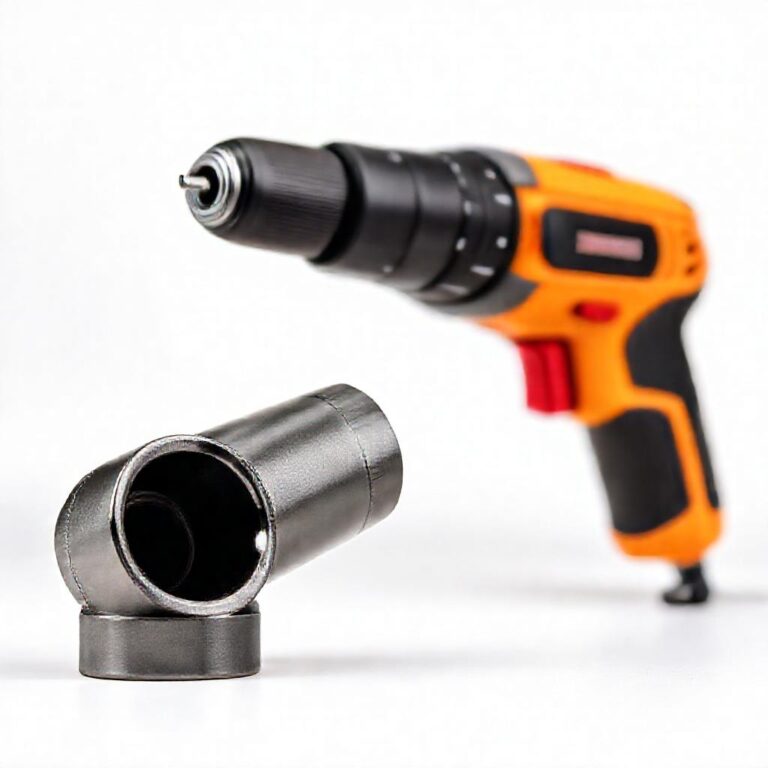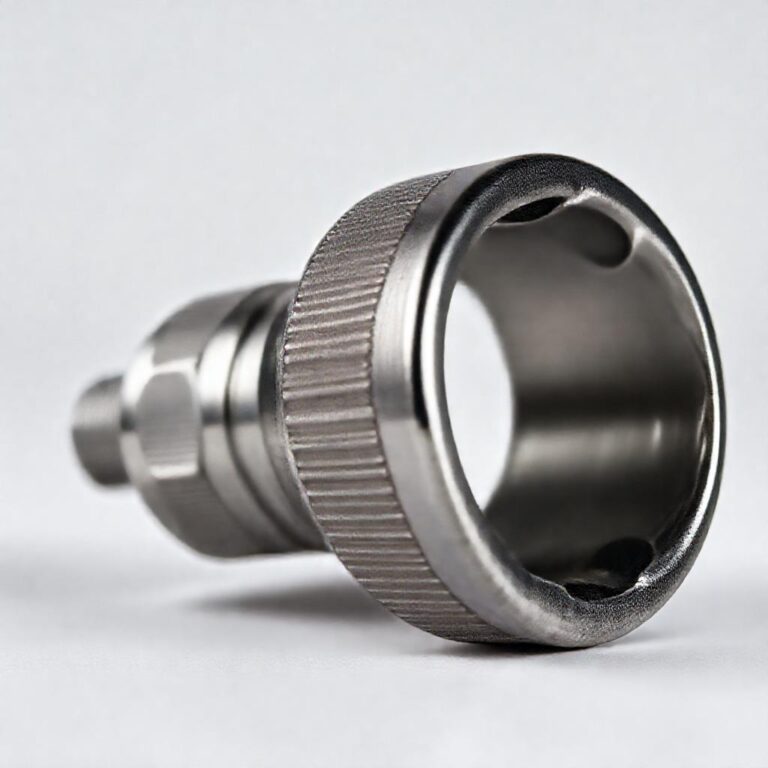What is Lug Nut Key Socket
Ever found yourself stranded with a flat tire, only to realize your standard socket wrench won’t budge those stubborn lug nuts? That’s where a lug nut key socket comes to the rescue. These specialized tools are designed to fit the unique shapes and sizes of lug nuts, ensuring a secure and damage-free removal or installation. Whether you’re a DIY enthusiast, a professional mechanic, or just someone who wants to be prepared for roadside emergencies, understanding lug nut key sockets is essential for proper vehicle maintenance. Using the wrong tool can strip lug nuts, damage wheels, or even leave you in a tight spot during an emergency repair. Let’s dive into what makes these sockets so important and how to use them correctly.
What Is a Lug Nut Key Socket?
A lug nut key socket is a specialized tool designed to fit non-standard or security-style lug nuts commonly found on modern vehicles. Unlike regular hex or 12-point sockets, these sockets are shaped to match the exact contours of spline, pin, or tulip-shaped lug nuts, which are often used to deter wheel theft. Standard sockets may not work on these unique fasteners, making a lug nut key socket indispensable for certain vehicles.
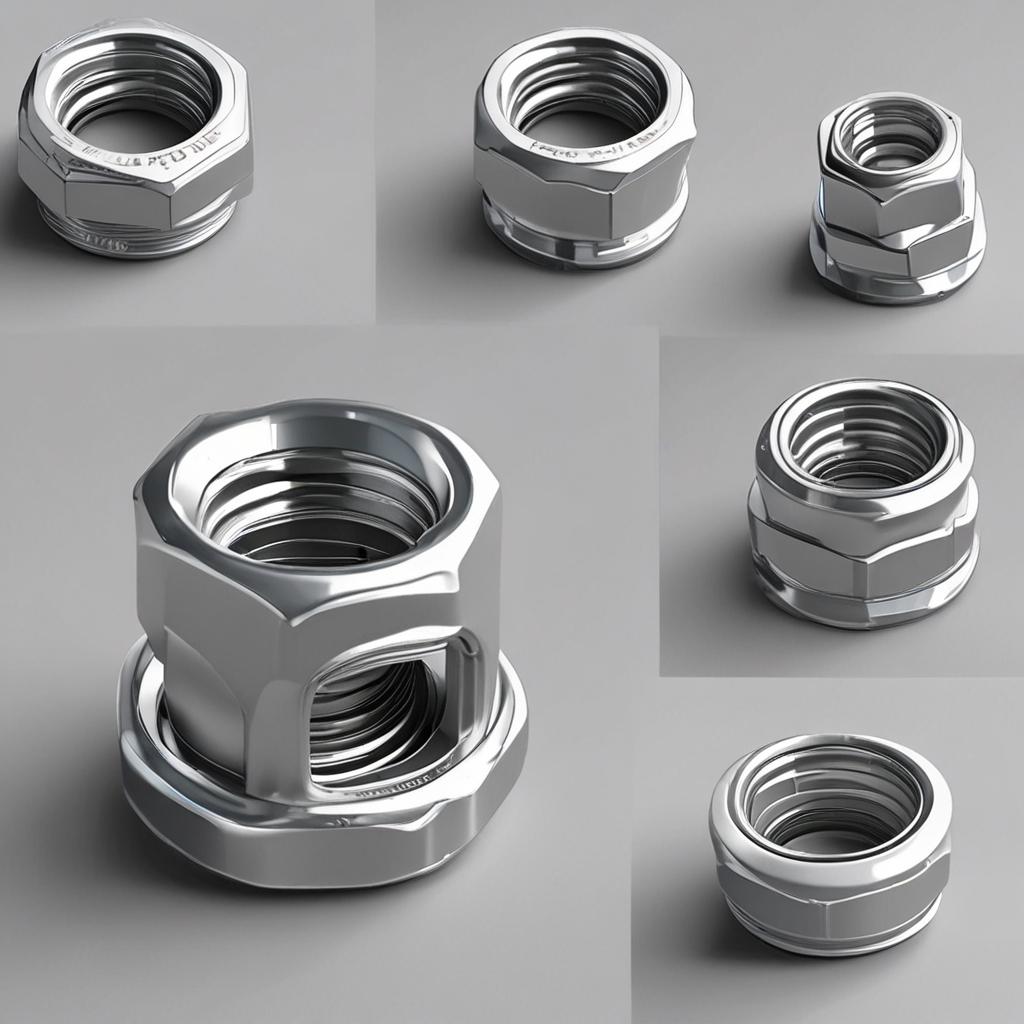
Types of Lug Nut Key Sockets
1. Standard Lug Nut Sockets
These sockets are designed for common lug nut shapes, such as hex, conical, or spline patterns. They come in various materials, including chrome, steel, or impact-rated options. Standard sockets are durable and versatile, making them ideal for regular maintenance tasks like tire rotations or repairs.
2. Security Lug Nut Key Sockets
Security lug nuts feature unique, tamper-proof designs to prevent wheel theft. These sockets are specifically designed to match the specialized shapes of security lug nuts, such as spline, pin, or tulip patterns. Since different manufacturers use proprietary designs, it’s crucial to choose a socket compatible with your vehicle’s lug nuts.
3. Impact vs. Hand Lug Nut Key Sockets
Impact-rated sockets are built to withstand the force of pneumatic or electric impact wrenches, making them ideal for heavy-duty use. Hand sockets, on the other hand, are lighter and better suited for occasional repairs or manual tightening. Choosing between the two depends on your needs—impact sockets for convenience and durability, and hand sockets for precision.
Key Features
Compatibility
Fits specific lug nut sizes and vehicle makes
Available
Material
Made from hardened steel for durability
Available
Drive Type
Uses a spline or hex drive for torque application
Available
Security
Some models resist tampering with locking mechanisms
Available
Size Variants
Available in multiple thread pitches and diameters
Available
Feature overview for What is Lug Nut Key Socket
How to Choose the Right Lug Nut Key Socket
Selecting the correct lug nut key socket ensures a smooth and damage-free experience. Key factors to consider include:
- Vehicle Make and Model: Some vehicles require specialized sockets due to unique lug nut designs.
Common mistakes to avoid include using the wrong size or type of socket, which can strip lug nuts or damage the wheel.
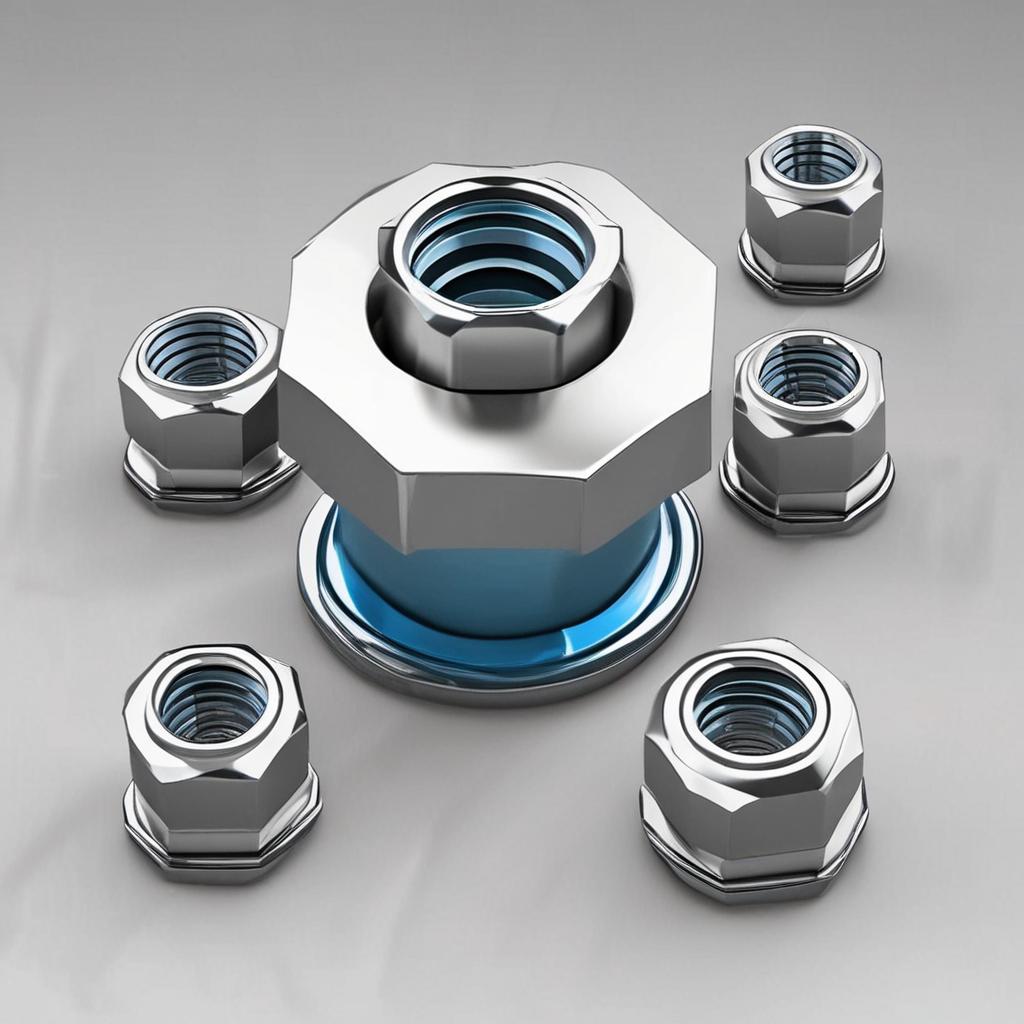
How to Use a Lug Nut Key Socket Properly
Using the right technique ensures a secure fit and prevents damage. Here’s a step-by-step guide:
- Identify the Correct Socket: Match the socket to your lug nut’s shape and size.
Safety precautions include lifting the vehicle securely and wearing gloves to protect your hands.
Common Issues with Lug Nut Key Sockets
Even with the right socket, challenges can arise. Stripped or rounded lug nuts may result from using the wrong tool or excessive force. If the socket doesn’t fit properly, check for wear or mismatch. For rusted or seized lug nuts, a penetrating oil and gentle tapping can help loosen them without causing damage.
Conclusion
A lug nut key socket is an essential tool for anyone who works on vehicles with non-standard lug nuts. Choosing the right socket, using it correctly, and maintaining it properly can save you time, prevent damage, and ensure safe repairs. Whether you’re a professional mechanic or a DIYer, keeping a quality lug nut key socket on hand is a smart investment for emergencies and routine maintenance.
FAQs About Lug Nut Key Sockets
1. Can I use a standard socket instead of a lug nut key socket?
Only if the socket matches the exact shape and size of the lug nut. Using the wrong type can damage the wheel or lug nut.
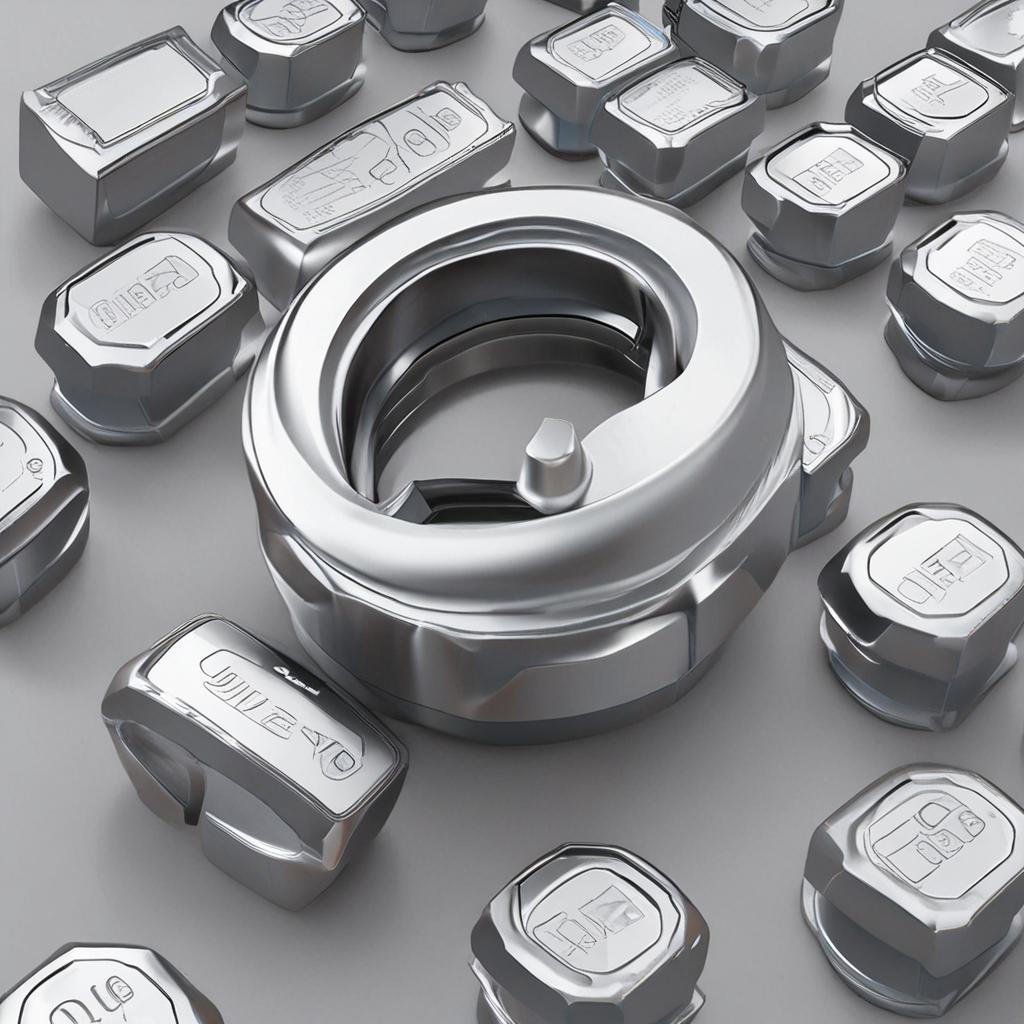
2. Are all security lug nuts the same?
No, different manufacturers use unique patterns (e.g., spline vs. pin). Always check compatibility before purchasing.
3. How do I know if I need an impact-rated socket?
If you frequently use an impact wrench, an impact-rated socket is recommended for durability. Hand tools can work for occasional use.
4. What should I do if my lug nut key socket is too tight or loose?
A tight fit may require gentle tapping with a hammer, while a loose fit may indicate wear. Replace the socket if it no longer fits securely.
5. Can I reuse a damaged lug nut key socket?
Damaged sockets (e.g., bent or cracked) should be replaced to avoid stripping lug nuts or wheels.

